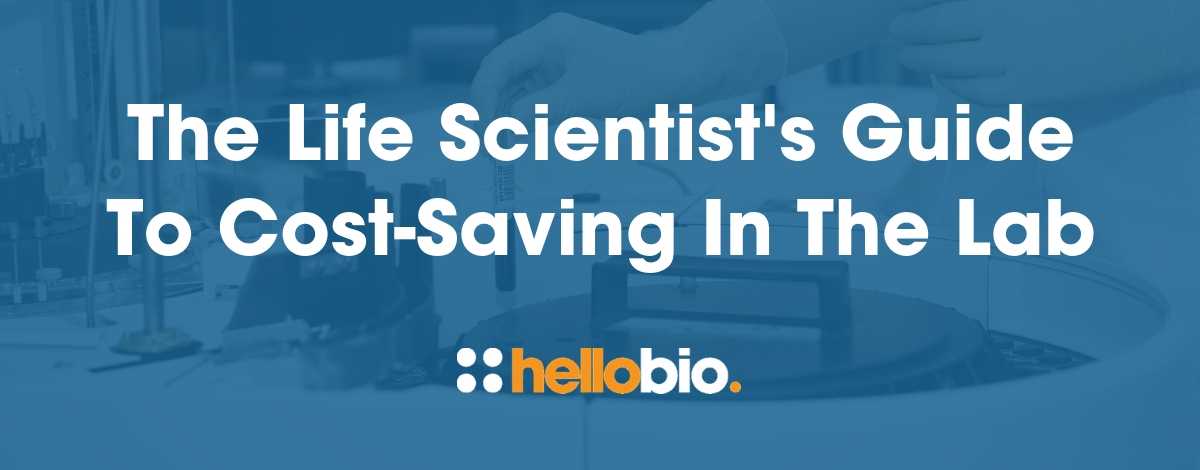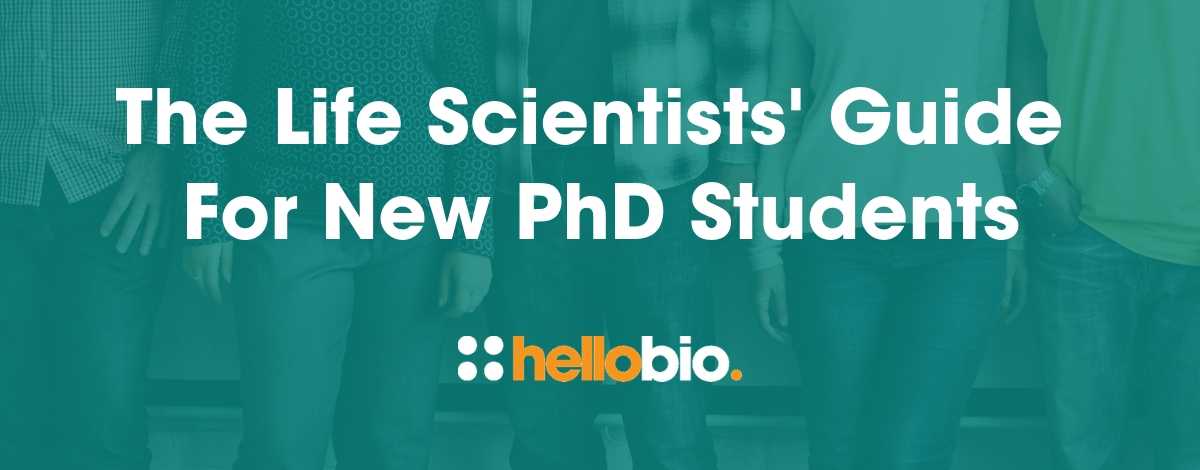Interviews with Scientists: Joanna Medina
Joanna Medina is a PhD candidate in Behavioral Neuroscience at the University at Albany. Specializing in neuroendocrinology, Joanna is interested in understanding how maternal experience modifies stress responses and neural plasticity. Joanna holds a BSc in Integrative Neuroscience from Binghamton University and looks forward to defending her doctoral dissertation within the next year.
Great to talk to you, Joanna! Firstly, we’d love to hear more about your research…
I’m interested in understanding how stress impacts the brain. My research focuses on the mediatory role of peptide hormones in behavioral, neural, and inflammatory stress responses in females. My goal is to better inform women’s mental healthcare by conducting research considering the unique characteristics of female physiology.
Did you always want to be a scientist when you were younger?
I started college as a biology major interested in pursuing a career in the medical field. However, I decided to change my major to neuroscience after taking an introductory psychology course with a fantastic professor. Understanding the basis of behavior from a biological perspective excited me and I was eager to learn more. I didn’t consider becoming a neuroscientist as a career until after an opportunity to be an undergraduate research intern through the McNair Scholars postbaccalaureate achievement program. Conducting original research solidified my decision to go to graduate school and I was honored to be a recipient of a National Science Foundation Bridge to the Doctorate fellowship in support of my pursuit of a PhD in Behavioral Neuroscience.
What are you enjoying most about your PhD?
Being on the edge of discovery. Even when the data are different from our predictions, we’re still learning something that wasn’t known before.
What advice would you give to someone just starting out with their PhD?
Don’t be afraid to ask for help! Whether it’s with your research or managing work/life balance, everyone needs a support network. Reach out to your mentor(s) or peers and tackle those roadblocks together.
What's the most important lesson you have learned in your PhD so far?
Resilience and flexibility are vital for success. You need to be able to bounce back from setbacks in your work but also be open to new opportunities for professional development despite your already busy schedule. Graduate school is often unpredictable, but it has taught me how to maneuver whatever situation comes my way.
What are you most proud of in your career to date?
I’m proud to have been chosen to receive a travel award from the Society of Behavioral Neuroendocrinology to attend the annual meeting in Bloomington, Indiana this past June. I’ve been a member of SBN since my second year of graduate school so it was a great honor to be recognized by such an incredible and close-knit community of neuroscientists.
What do you think are the biggest challenges currently facing life scientists and their work?
I believe the current funding climate is one of the biggest challenges facing life scientists. Science is critical for advancement and limited funding sources often stifle creative endeavors, particularly for early stage investigators.
Tell us a bit more about what you’re working on at the moment...
My research is focused on how chronic treatment with prolactin, a lactation hormone, alters behavioral, endocrine, and neural stress responses in female rats. I’ve found that prolactin mitigates chronic stress-induced depression-like behavior and I’m excited to present my findings at the Society for Neuroscience Conference in Chicago, IL this year. Currently, I’m investigating how chronic stress and prolactin alter inflammatory responses by quantifying microglia expression in the hippocampus. I’m also looking forward to starting my next dissertation experiment: identifying how low prolactin receptor activity during the postpartum period contributes to a depression-like phenotype.
What does a typical day in the lab look like for you?
For me, a typical day in the lab involves making progress (no matter how small) on each of the projects I manage. I schedule time for microscope work and data analysis, although these days, I’m mainly focused on writing and revising manuscripts for publication. Part of my day also goes towards mentoring our lab’s undergraduate research assistants. We’ve been fortunate enough to have a team of talented students dedicate their time to the lab. I always aim to ensure each student gains experience in every stage of the research process and help them through any obstacles they might encounter while working on their own projects.
Outside the lab, what do you enjoy doing most?
Outside of the lab, I enjoy taking the time to explore my local area. There’s always a unique restaurant or small business to discover! The NY capital region is particularly beautiful in the fall. I love to set aside time on the weekends to take a short hike and enjoy the outdoors.
If you weren’t a scientist, what do you think you’d be doing?
I think I would be a filmmaker! I love visual story-telling and I used to shoot and edit video projects as a hobby before starting graduate school. I think it would be great to find a way to incorporate my two passions together in my postgraduate research career.
What is it about your work that gets you most excited?
I am most excited by the translational potential of my research. My hope is that my research will inform the future development of novel treatments for postpartum depression and other mood disorders.
Which scientists working today do you most admire, and why?
I most admire women in science. Perseverance in the face of adversity is nothing but inspiring. I’ve been fortunate to be mentored by several strong women in my early career. Their constant support reaffirms to me that I’m right where I belong and that my voice is needed in the field.
What’s your favorite science quote?
“Most people say that it is intellect which makes a great scientist. They are wrong: it is character.” – Albert Einstein
What do you think is the greatest scientific discovery of all time?
I’m certainly grateful for the discovery and development of immunohistochemistry. It may not be everyone’s first thought, but IHC continues to be a critical tool in answering my research questions.
___________________________________________
Thank you so much for speaking to us, Joanna!
Joanna is a member of the Society for Neuroscience (SfN) and an Associate of the SfN Neuroscience Scholars Program (NSP). She says: “It’s an incredible program for professional development, I highly recommend!”. She is also a member of the Society for Behavioral Neuroendocrinology (SBN).
Joanna’s work is currently funded by the Carson Carr Graduate Diversity Fellowship at the University at Albany.
You can connect with Joanna on her LinkedIn profile here and on Twitter at @_JoannaMedina.
_________________________________________________
If you enjoyed reading this article, why not check out the other resources available on our blog. We are passionate about supporting early career life scientists and PhD students - with really low- priced reagents and biochemicals, travel grants, and resources to help with both personal and professional development. We know how tough it is - so we hope you find these helpful!
Advice & guidance for life scientists
Click below to view our of essential guides and articles includes to support life scientists, PhD students & early career life scientists:
Travel grants
Every month we give away $500 to PhD students and Postdocs so that they can attend a scientific conference - click below to find out more:
Wellbeing for scientists
Click below for our resources to help improve your wellbeing:
Technical resources
Try our Molarity Calculator: a quick and easy way to calculate the mass, volume or concentration required for making a solution.
Try our Dilution Calculator: an easy way to work out how to dilute stock solutions of known concentrations
Click below to see our Mini-reviews, Pathway Posters & Product Guides: a set of technical resources to answer your questions on a wide range of topics and to help you get started quickly.
And - when you get to the stage of planning your experiments, don't forget that we offer a range of agonists, antagonists, inhibitors, activators, antibodies and fluorescent tools at up to half the price of other suppliers - click below to see how we compare with other suppliers:






















